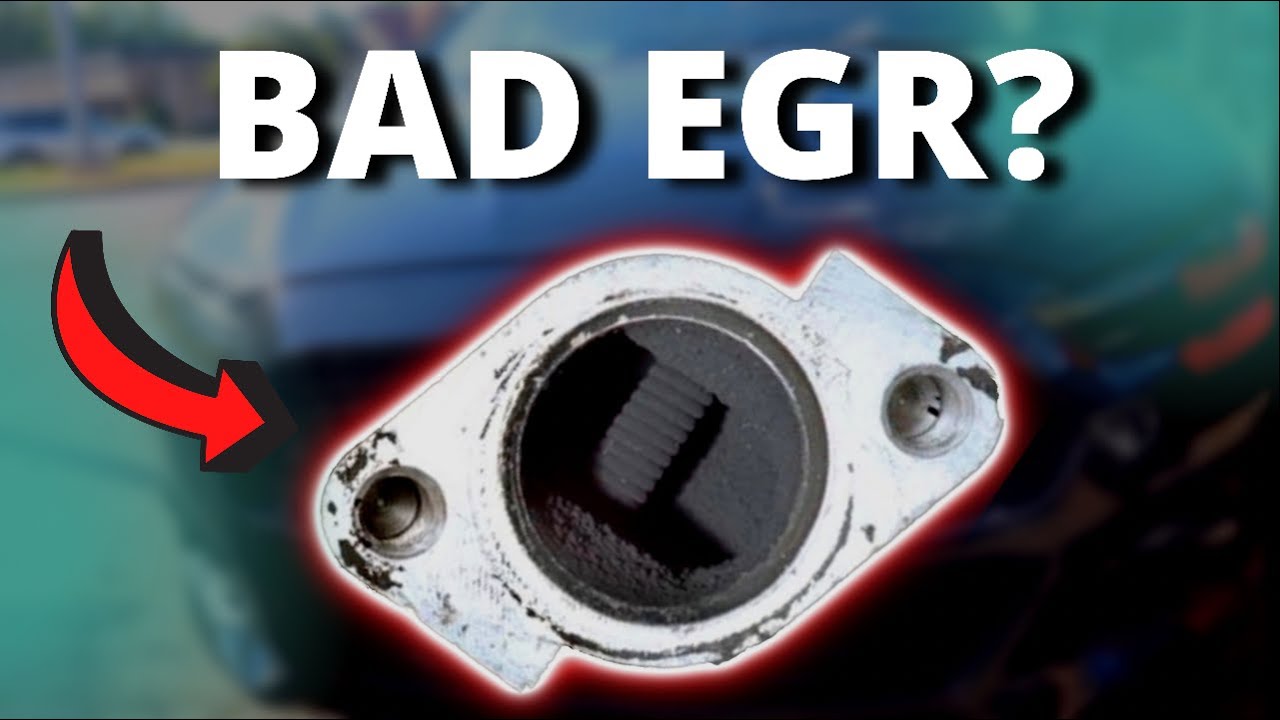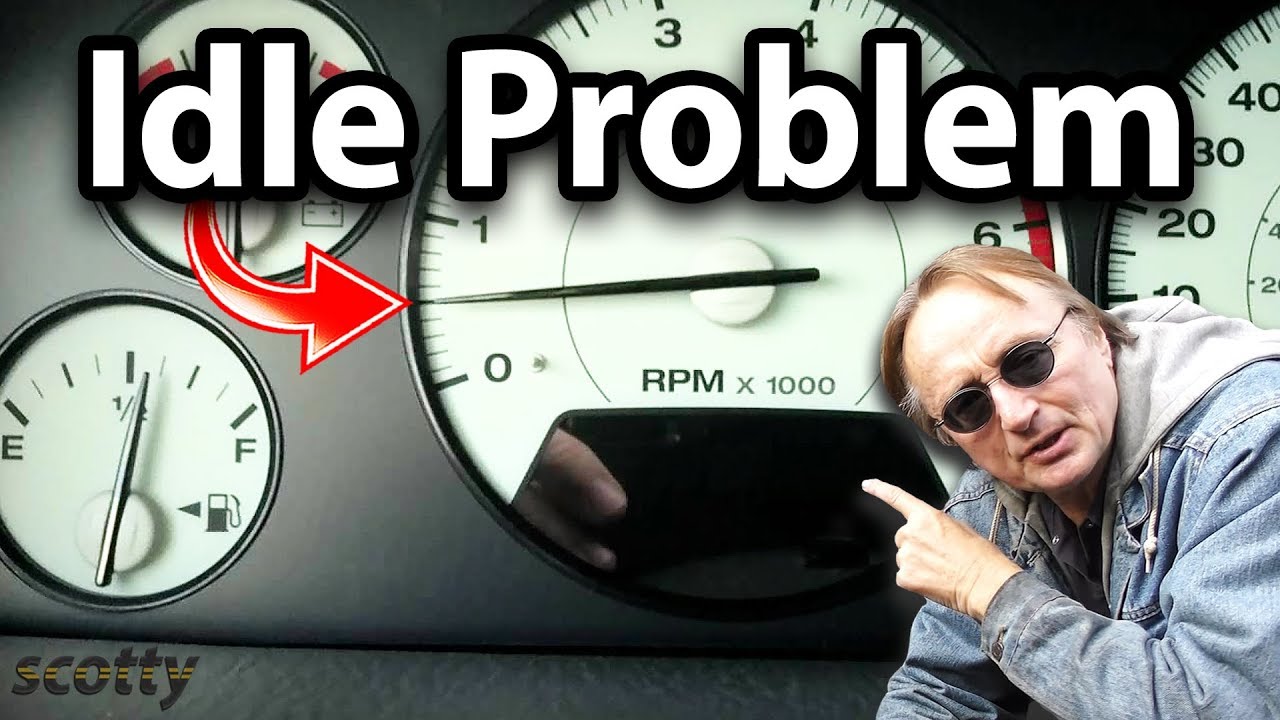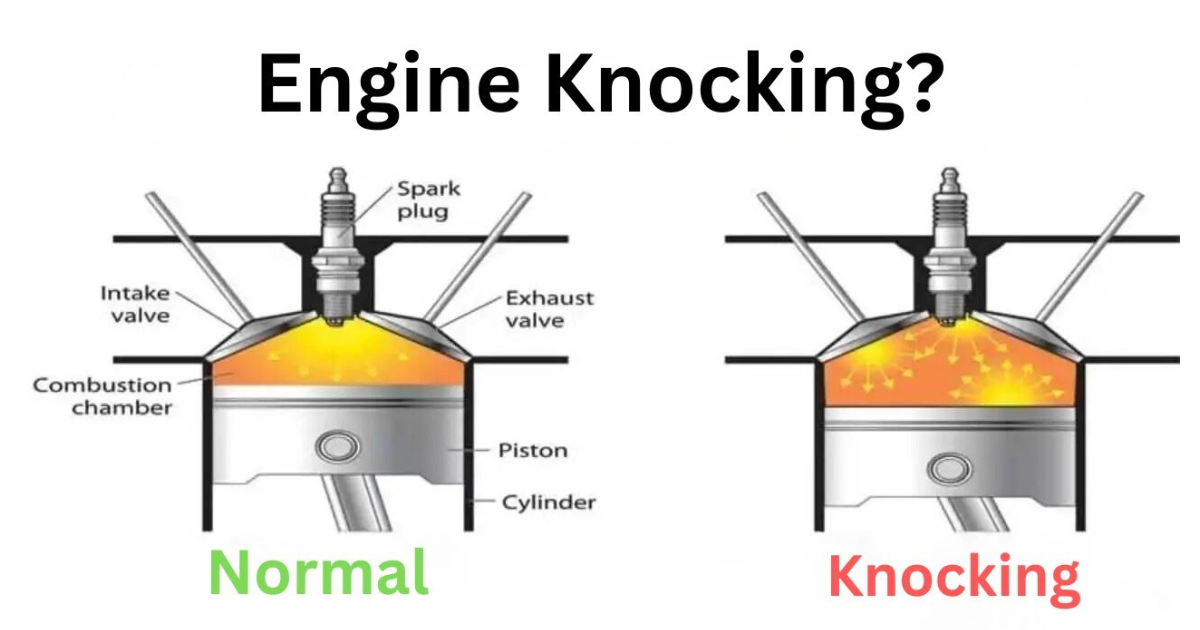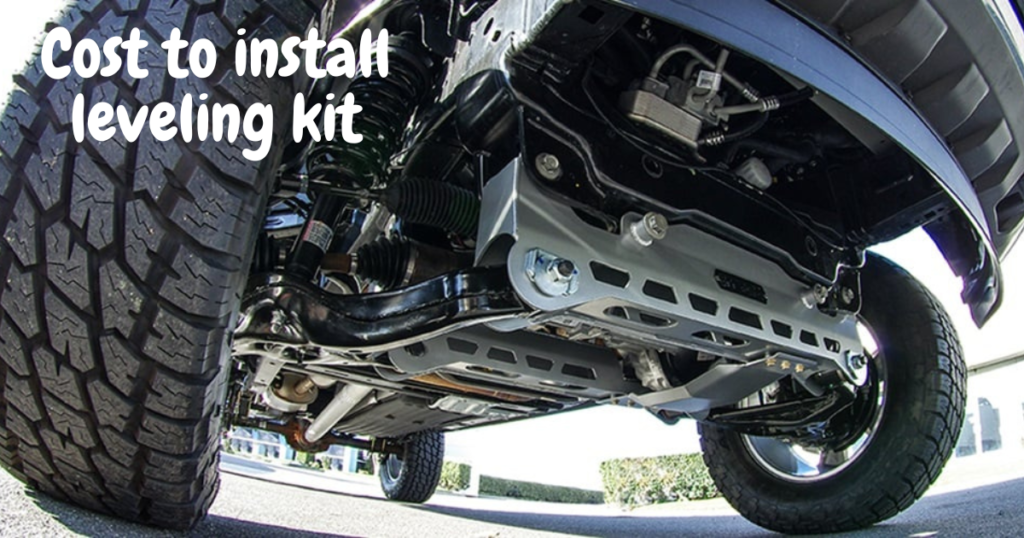The principal function of the timing chain tensioner is to keep the timing chain taut and to keep the crankshaft and camshaft rotation in step with one another.
Failing to inspect and repair the tensioner issue could result in engine failure, which would incur even higher repair costs.
The Timing Chain Tensioner—What is it and how does it work?
One part of an engine that adjusts the timing chain tension is the timing chain tensioner. The proper alignment of the crankshaft and camshaft cannot be achieved by using an erroneous pressure on the timing chain.
In addition, the crankshaft is a crucial component of the engine’s internal combustion mechanism. Transforming the piston’s vertical motion into a rotary one, powers or drives the wheels of the vehicle, allowing it to move.
The timing chain is responsible for keeping the camshaft and crankshaft in rhythm with one another. The crankshaft is linked to the camshaft through the timing chain. This link allows the chain to transfer crankshaft motion to camshaft motion.
With the correct tension, the timing chain can transmit the rotation of the crankshaft to the camshaft. The tensioner is then activated. The tensioner tightens the chain by applying pressure from a spring or oil. You can keep the camshaft and crankshaft in perfect timing and running smoothly by using the tensioner to keep the chain taut.
Symptoms of a bad timing chain tensioner
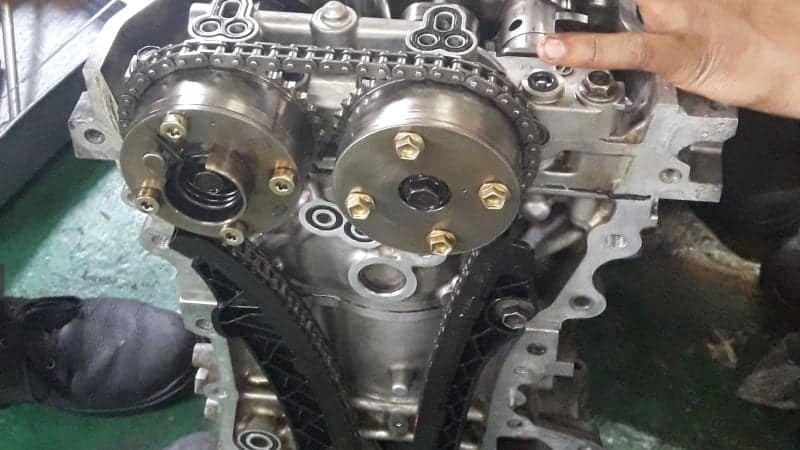
When a vehicle exhibits signs of a loose timing chain, it is usually because the tensioner for the chain has become damaged.
Some of the most typical signs of a malfunctioning timing chain tensioner are listed below.
1. Engine failure
Misfiring may occur if the timing chain tensioner is malfunctioning and cannot maintain a taut chain. This may occur if the chain fails to transfer the crankshaft’s rotational power to the camshaft in an appropriate manner.
2. Decreased engine performance
When the chain tension is released by an improperly timed tensioner, the engine’s performance will suffer. Misfiring and other engine problems could result from the valve timing becoming imprecise after this.
3. Engine rattling or banging
If the chain tensioner is not timed correctly, it will lead to an audible rattling or knocking sound in the engine. This occurs because the chain is not under tension, which means the tensioner is malfunctioning. The engine tries to spin, but the loose chain whips against various sections of it since it travels freely.
4. Challenging engine startup
When the chain tensioner is not properly timed, the engine will have a hard time starting due to improper valve timing. The internal combustion process relies on the valve time. The air-fuel combination that enters the engine and the exhaust gases that exit it are both regulated by it.
5. Oil leaking
the timing belt tensioner in most automobiles is hydraulic. In other words, the gadget keeps the chain accurately tensioned by using oil pressure. The engine’s internal oil pump cleverly provides the tensioner with boiling pressure.
6. Misaligned wear on timing chains
Another issue is that the chain will get slack once the tensioner is destroyed. If this is the case, the chain will continue to jack up when started, which would shorten its lifespan. If it grinds on more than one tooth, it could break, throwing off the camshaft and reducing engine performance.
What Causes the Timing Chain Tensioner to Fail?
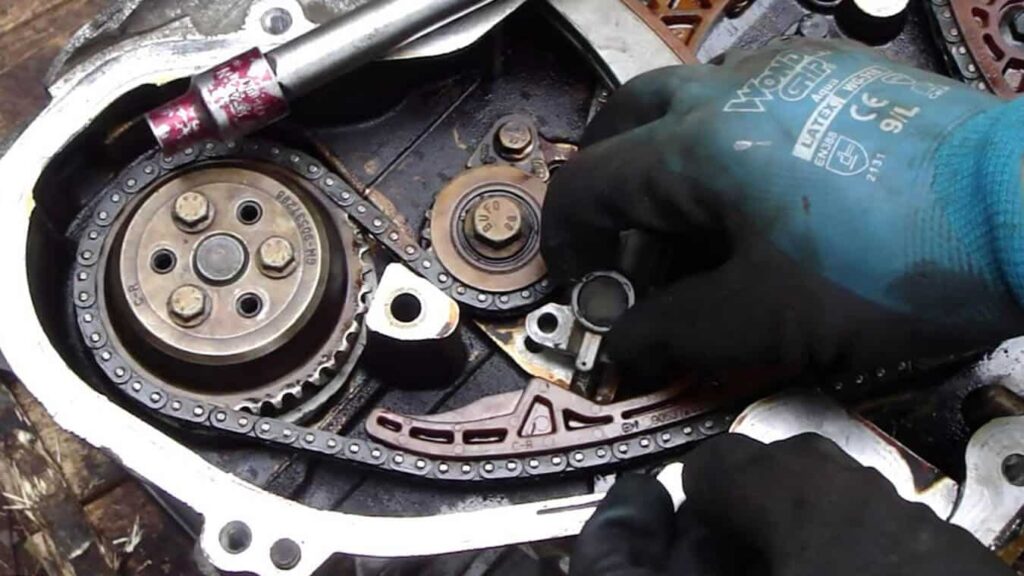
There are a number of potential reasons why the timing chain tensioner could malfunction.
- Overheating in an engine is usually the result of a faulty cooling system or insufficient engine oil. To keep the timing chain and tensioner in good working order, you should inspect these parts on a regular basis.
- Deterioration: The timing chain tensioner is susceptible to degradation with time, which could cause the device to malfunction sooner than anticipated.
- Wear and Tear: Faster wear would occur on the metal portions of the tensioner if the engine temperature was high.
- Oil Leakage: Oil leakage is a sign and a reason. The timing chain tensioner is vulnerable to damage in the event of an oil line or pump leak.
- Incorrect oil type: Major engine components, such as the tensioner and timing chain, are vulnerable to harm when using the incorrect engine oil.
- Extremely high mileage: Engine parts will wear down more quickly the more you drive. The tensioner and timing chain are both affected by this.
How much does a new timing chain tensioner cost?
Timing chain tensioner replacement can cost anything from $300 to $1500 (not including labor). The type of car you drive and the professional who handles the replacement will determine the cost of the tension. The cost to replace high-end vehicles, such as Mercedes, BMW, and others, will be higher. This is because parts for these cars are more expensive and specialized labor is also more expensive.
You can discover a chart on repairpal.com that shows how much various brands and models of timing chain tensioners cost.
| Vehicle Models | Spare parts cost Approx | Labor cost Approx | Total Cost |
| Ford 150 | $343 -$345 | $1,074 -$1,354 | $1,417-1699 |
| Toyota Corolla | $134-$134 | $61-$77 | $195-$211 |
| Honda Civic | $100-$120 | $200-$220 | $300-340 |
| Mercedes Benz C300 | $237-$237 | $196-$248 | $434-$485 |
| Mercedes Benz C250 | $259-$259 | $319-$402 | $578-$662 |
Conclusion
If you see that your timing chain tensioner is acting up, you should investigate the possible source of the problem before purchasing a new one. If you do this, the same damage won’t be able to happen again because of the same thing. Also, it would be wise to have a pro take care of the diagnostics and the car. This prevents the timing chain tensioner failure from causing more harm to the vehicle.

